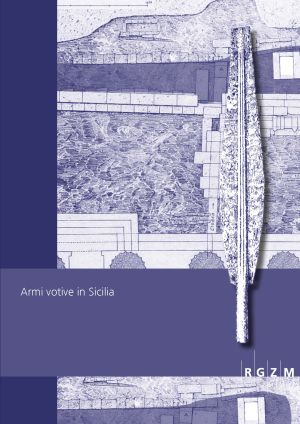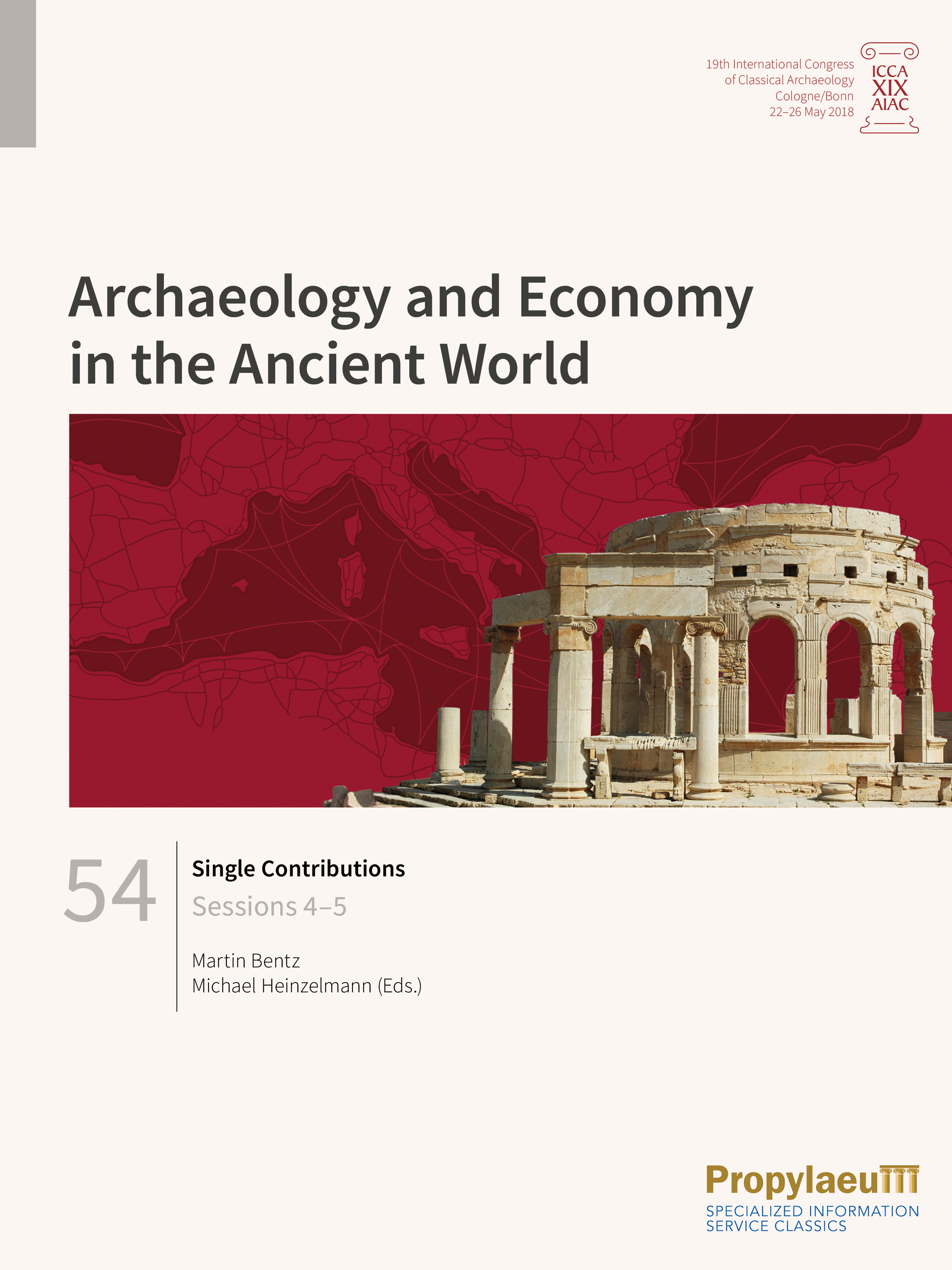Tarditi, Chiara
Armi votive in Sicilia: Atti del Convegno Internazionale di Studi Siracusa Palazzolo Acreide 12-13 Novembre 2021
This volume collects the contributions presented at the conference »Armi votive in Sicilia«, held in Syracuse (Museo Archeologico Regionale Paolo Orsi) and in Palazzolo Acreide (Town Hall) in November 2021.
This volume continues the project started with the conference »Armi votive in Magna Grecia« (Salerno-Paestum 2017), constituting a "second instalment" and taking up the same formula in combining an ambitious historical-archaeological analysis of the weapons offering in a diachronic and intercultural key.
Fifteen contributions that mark a turning point for the knowledge of the island, for a better understanding of the variability and complexity of this particular votive practice that underlines the role of war in antiquity. The volume also contains a reflection that goes beyond the island and synthesises a way of studying a complex repertoire (votive weapons and weapons in votive context) and indicates the challenges that research will have to face in the immediate future. In this collection the reader will find contributions from which to continue building the discourse on the dedication of weapons in Sicily and the ancient Mediterranean.
Sessions 4–5, Single Contributions
Economic aspects permeate all areas of public and private life in ancient societies, whether in urban development, religion, art, housing, or in death. Research on ancient economies has long played a significant role in ancient history. Increasingly in the last decades, awareness has grown in archaeology that the material culture of ancient societies offers excellent opportunities for studying the structure, performance, and dynamics of ancient economic systems and economic processes. Therefore, the main objective of this congress was to understand economy as a central element of classical societies and to analyse its interaction with ecological, political, social, religious, and cultural backgrounds. The theme of the congress was addressed to all disciplines that deal with Greco-Roman civilization and their neighbouring cultures from the Aegean Bronze Age to the end of Late Antiquity.
In this collective volume, single contributions of sessions 4 and 5 deal with questions on the exploitation of resources such as metals and marble in the Roman imperial period and also on distribution, trade and networks in general in antiquity. Thematically, the studies range from trade and cultural contacts in the Iron Age and Archaic Mediterranean, Greek and Roman coinage, to Roman trade and transport systems.








